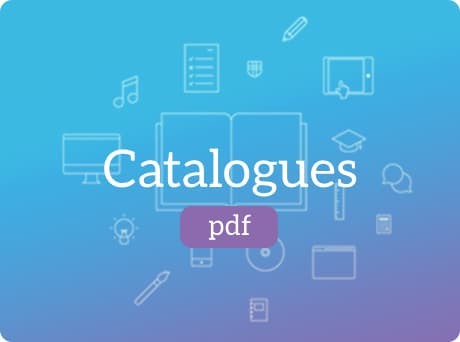A badge of excellence
The demand for high-level English language skills is increasing all around the world. Passing Cambridge English: C1 Advanced shows that you are a high achiever.
- Accepted globally as proof of high achievement: more than 6,000 educational institutions, businesses and government departments around the world accept C1 Advanced as proof of high-level achievement.
- Endless opportunities: it helps you develop the language skills you need for success, and can be used for your university and student visa applications in the UK and Australia.
- High-level English skills for academic and professional success: preparing for Cambridge English: Advanced helps learners develop the skills to make the most of studying, working and living in English-speaking countries.
What level is C1 Advanced?
This Cambridge English Qualification is targeted at Level C1 of the Common European Framework of Reference for Languages (CEFR). It also provides reliable assessment at the level above C1 (Level C2) and the level below (Level B2). This makes it an ideal English exam for a wide range of higher education and academic purposes – you simply choose the grade or score most appropriate to your requirements.
What is assessed in C1 Advanced?
The C1 Advanced exam is a thorough test of all areas of language ability, and it is made up of four papers developed to test your English language skills. Your overall performance is calculated by averaging the scores you achieve in Reading, Writing, Listening, Speaking and Use of English. The weighting of each of the four skills and Use of English is equal.
Paper | Reading and Use of English | Writing | Listening | Speaking |
Time | 1 hour 30 min. | 1 hour 30 min. | About 40 min. | 15 min. per pair of candidates |
Content | 8 parts / 56 questions | 2 parts | 4 parts / 30 questions | 4 parts |
Purpose | Shows you can deal confidently with different types of text, such as fiction, newspapers and magazines. Tests your use of English with different types of exercise that show how well you can control your grammar and vocabulary. | You create two different pieces of writing, such as essays, letters/emails, proposals, reports and reviews. | Tests your ability to follow and understand a range of spoken materials, such as interviews, radio broadcasts, presentations, talks and everyday conversations. | Tests your ability to communicate effectively in face-to-face situations. You will take the Speaking test with another candidate. |


